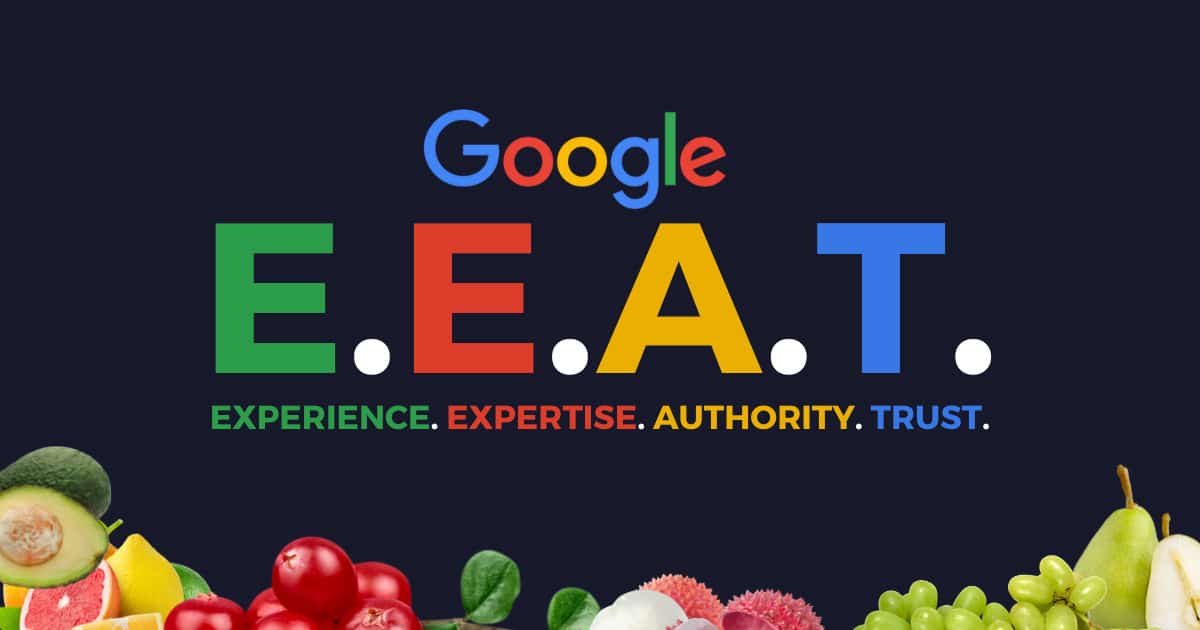Online Content Creators Receive Extra E-E-A-T Support for SEO – Update 2025
For about a decade now, Google has built its content evaluation around the E-A-T guidelines: Expertise, Authoritativeness, and Trustworthiness. Then, in 2022, they added a fourth piece to the puzzle—Experience, making it E-E-A-T. As someone who spends a lot of time creating or working with content online, I’ve seen how this addition has shifted the game, especially when it comes to reviews and how-to guides. It opened up new ranking possibilities for people like you and me—those who can show real, hands-on experience with what we’re talking about.
Now, Google’s gone a step further by expanding E-E-A-T support specifically for independent content creators. That’s big news if you’re running a blog, a YouTube channel, or any kind of platform where you share your expertise directly with an audience.

E-E-A-T & Understanding Search Intent
Let me break this down a bit—especially if you’re still getting comfortable with how SEO and E-E-A-T work together.
At its core, SEO is about connecting with what someone actually wants when they type something into Google. That’s called search intent. And here’s the thing: Google’s gotten way better at figuring out what that intent is. Gone are the days when weak, keyword-stuffed content could climb the rankings. Now, your content needs to align with what people are really looking for.
I like to think of it this way: when someone searches “play roulette,” they’re not looking for an article explaining what roulette is. They’re looking for a digital experience—a selection of roulette games like the ones you’d find here on Paddy Power. Google knows that too, and it tailors the results page accordingly.
Google can tell a lot just by scanning the HTML of a page. If a page is image-heavy or has embedded videos, it’s likely a media or e-commerce site. Match that with action-based keywords like play or buy, and Google starts understanding the purpose of that page. It’s fascinating stuff, and it’s what makes SEO such a blend of art and science.
But what about other types of searches? Say, someone types “best travel camera review” or “how to prune a bonsai tree.” That’s where E-E-A-T really kicks in. Google doesn’t just want any content—it wants content that shows real experience. That’s why tutorials and reviews are held to higher scrutiny. And that’s great for creators like us who can prove we’ve used that camera or pruned that tree ourselves.
From Publications to People: A Shift in Focus
When Google first introduced the “Experience” part of E-E-A-T, it leaned heavily into traditional online publications. But let’s be real—some of the best insights, reviews, and guides don’t come from big-name media outlets. They come from real people—like you and me—who live and breathe this stuff.
Now, Google’s catching on. There’s better recognition for independent creators, whether you’re posting long-form blogs, TikToks, YouTube tutorials, or even niche newsletters. If you’ve got experience and can demonstrate it clearly, your content is more likely to shine in the search results.
New Knowledge Panel Subtitles: A Win for Creators
Have you ever Googled a celebrity and seen their profile pop up in a little box on the right-hand side? That’s called a knowledge panel. It’s something I used to associate only with celebrities, companies, or politicians. But now, Google is quietly rolling out more inclusive support for creators across many industries.
These new knowledge panels are starting to label people as “content creator” with specific subject areas in brackets. So you might see someone labeled “Content Creator (Cooking)” or “Content Creator (Finance).” That’s a huge step in recognizing that content creators are also subject-matter experts—even if we’re not tied to a traditional company or brand.
According to Google’s documentation, these panels rely on a mix of structured data, reliable sources, and third-party datasets. And recently, those datasets have included categories like agriculture, travel, art, weight loss, real estate, and even weather.
As someone who’s been watching this space evolve, I think this is one of the most exciting developments. It not only gives creators more visibility, but it opens up new SEO strategies for getting discovered. I mean, imagine having your work appear in a knowledge panel because Google now sees you as an authority in your niche.
What This Means for You (and Me)
Here’s why I’m sharing all of this with you: whether you’re a blogger, YouTuber, podcaster, or TikTok reviewer, you’re not just “creating content” anymore. You’re building a track record of experience—and that experience is becoming your biggest SEO asset.
By understanding search intent and aligning your content with E-E-A-T principles, you’re setting yourself up for long-term visibility. It’s not just about keywords (though they still matter—especially buyer keywords, as outlined here by Semrush). It’s about being real, being useful, and showing that you know what you’re talking about—because you’ve lived it, tested it, and shared it honestly.
So if you’re in the content game right now, the landscape is shifting in your favor. And I’m right here with you, navigating it step-by-step.
Let’s keep creating with purpose—and ranking with authenticity.

